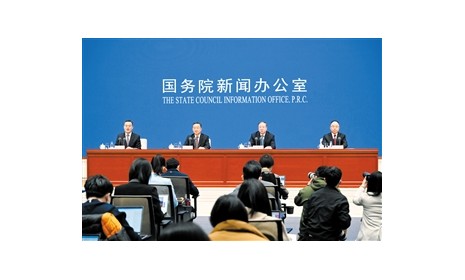2024年8月7日,欧盟食品安全局就一种β-半乳糖苷酶 (β-galactosidase)的安全性评价发布意见。
据了解,这种食品酶是由转基因地衣芽孢杆菌菌株DSM 34099生产的,旨在用于两种食品生产过程。
经过评估,专家小组认为,在预期的使用条件下,不能排除饮食暴露引起过敏反应的风险,尤其是对猕猴桃过敏的人。根据所提供的数据,评估小组得出结论,这种食品酶在预期使用条件下不会引起安全问题。部分原文报道如下:
The food enzyme β-galactosidase (β-d-galactoside galactohydrolase; EC 3.2.1.23) is produced with the genetically modified Bacillus licheniformis strain DSM 34099 by Kerry Group Services International, Ltd. (KGSI). The genetic modifications do not give rise to safety concerns. The food enzyme is free from viable cells of the production organism and its DNA. The production strain met the requirements for the qualified presumption of safety (QPS) approach. The food enzyme is intended to be used in two food manufacturing processes. Dietary exposure was estimated to be up to 7.263 mg total organic solids/kg body weight per day in European populations. Given the QPS status of the production strain and the absence of concerns resulting from the food enzyme manufacturing process, toxicity tests, other than an assessment of allergenicity, were considered unnecessary by the Panel. A search for the identity of the amino acid sequence of the food enzyme to known allergens was made and one match with a food allergen from kiwi fruit was found. The Panel considered that a risk of allergic reactions upon dietary exposure to this food enzyme, particularly in individuals sensitised to kiwi fruit, cannot be excluded. based on the data provided, the Panel concluded that this food enzyme does not give rise to safety concerns, under the intended conditions of use.















